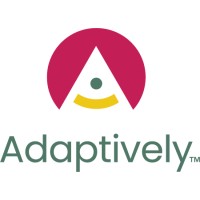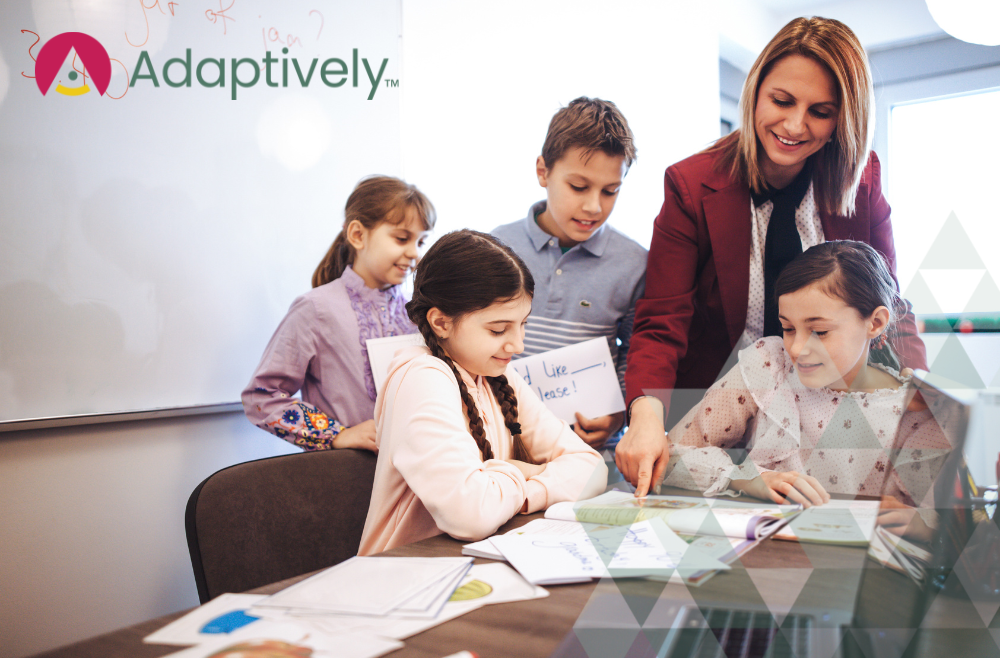Why Supplemental Learning Programs Are More Important Than Ever
The COVID-19 pandemic disrupted ordinary school experiences for children around the country for two full school years. As a result, the 2022-2023 school year kicked off as the first year of business as usual since the pandemic started.
While students and parents have made it over the hurdles that rocked students’ access to learning and created shifts in the learning environment, many school districts continue to face challenges like growing learning gaps and teacher turnover. These less-than-ideal system issues require creative solutions to overcome, as parents want their schools to assure them that their children’s educational experiences are setting them up for life success.
An answer to what ails education may lie in an option growing in popularity—supplemental learning programs.
The benefits of supplemental learning programs
When students have access to supplemental learning programs through their schools or afterschool programs, they receive these education boosts:
- Individualized support
In the busyness of a regular school day, some learners need more time to practice and master concepts, while others need more challenge. In either case, individualized support is vital to their academic progression, and supplemental programs are delivered in alignment with the learning pace of individual students.
- Targeted subject support
Most students have subjects in which they perform best and others that are not their strengths. When a child needs help to reinforce a specific subject, additional learning opportunities can help them fill in their learning gaps. Supporting core subject fundamentals, supplemental learning programs can help prevent students from more significant struggles as the subject complexity increases.
- Indirect homework help
When children take work outside the classroom as homework, the objective is to practice skills that reinforce the week’s lessons. However, if a child is still shaky on a skill or doesn’t have the underpinning knowledge to understand the lesson, homework assignments can feel defeating and overwhelming. Shutdown and disengagement can result from frustration with homework. When children have access to supplemental learning, they receive a “safe zone” free of grades to practice their skills to proficiency. With stronger learning foundations, students will tackle their assignments with a can-do mindset when practice goes home!
- Improved critical thinking and study skills
The pace of instruction doesn’t always leave much in-class time for developing metacognition, or the ability to think on one’s own thinking. In contrast, slower-paced education opportunities give students the time to think deeper on a subject matter, enriching their critical thinking, problem-solving, and other high-level cognitive skills. Also, more meaningful interactions with the subject matter make learning good study habits easier. For instance, if students fully understand concepts, they can approach tests with mastery and don’t need to rely on “memorize and dump” skills to pass tests.
- Greater confidence
Every student craves opportunities to achieve, and supplemental learning programs help transform children’s mindsets toward learning, especially if they have perceived limited success with their studies. Out-of-the-classroom academic work lets children learn through fresh activities that promote a growth mindset.
Adaptively offers high-quality supplemental education.
Adaptively works with schools, districts, and afterschool programs to bring the best academic support to children. We offer excellent programs to engage students of all ages in their learning. We’re building minds and unlocking futures by providing educators with an all-inclusive learning management system centered around personalized learning to accelerate academic growth. To learn more about our platform, contact us today!


